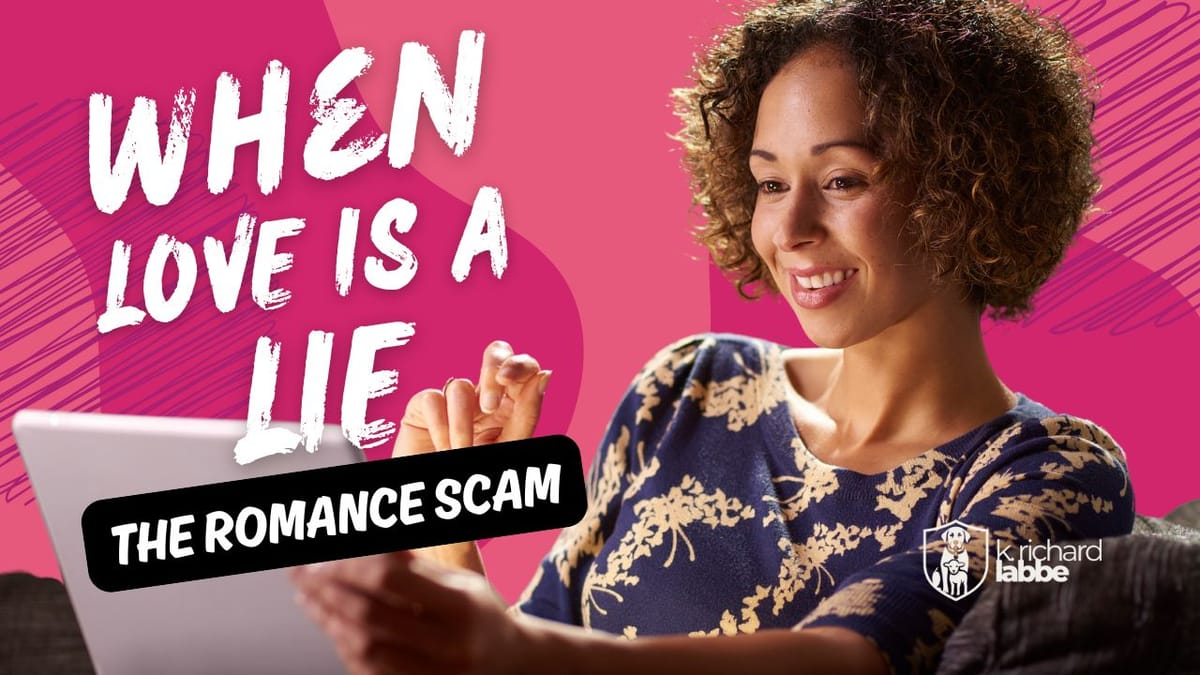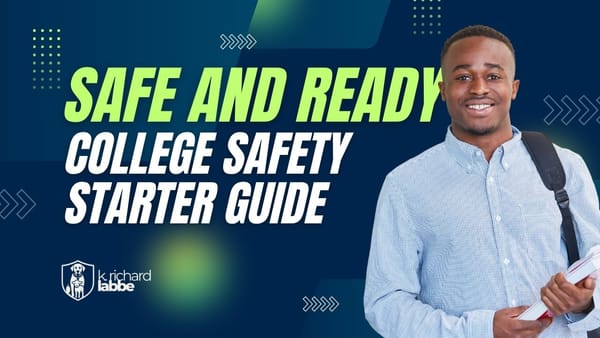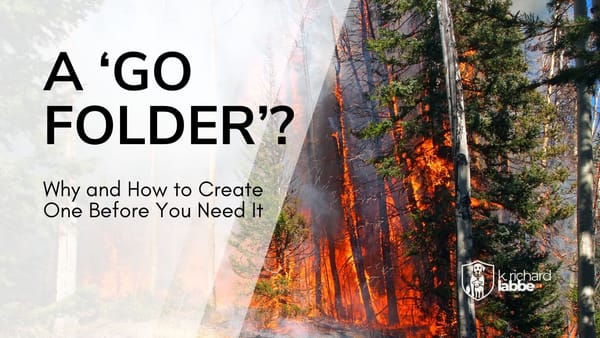When Love Is a Lie: Understanding and Avoiding the Romance Scam
Because Even Smart, Kind People Can Get Caught Off Guard

It usually starts with a simple message.
Maybe a friend request from someone you don’t recognize — but they seem nice enough. Their profile picture looks normal. Maybe you share a few mutual friends. Or maybe they leave a thoughtful comment on a post.
Then comes a message. Casual at first. Friendly. Maybe even flattering.
And just like that, a conversation begins.
It Doesn’t Happen Overnight
Romance scams don’t usually feel like scams at first. That’s the problem. They feel like connection.
Scammers will take their time. They’ll ask about your day. Share details about theirs. They’ll send pictures. Call you by name. Offer encouragement.
It can feel like someone finally sees you. Listens to you. Cares.
But that’s not what’s really happening.
What’s happening is targeting. And it’s deliberate.
How the Scam Works
At some point, after enough trust has been built, there’s a shift.
The story begins. Maybe they’re stranded overseas. Maybe there’s a family emergency. Maybe they want to come see you, but something’s come up — a frozen bank account, a stolen passport, a sudden medical bill.
And then they ask:
“Could you help me just this once?”
It seems small. A temporary thing. Just until they’re back on their feet.
But it won’t be the last time.
What to Watch For
Romance scams can vary, but most follow a similar pattern:
- They want to move the conversation off the platform quickly — to private email, WhatsApp, or text
- Their stories are dramatic: military deployment, international business, or sudden emergencies
- They avoid video chatting or give excuses for why they can’t
- They delay meeting in person, no matter how long you talk
- They ask for money — often in untraceable ways like gift cards, wire transfers, or cryptocurrency
- They urge secrecy: “Please don’t tell anyone. They wouldn’t understand.”
If someone asks you for money or help but won’t meet in person or show up on a real-time call — be careful.
Even if you’re convinced the relationship is real. Especially then.
“How Could Anyone Fall for This?”
That’s the wrong question.
The right one is:
How can we care for one another well — so fewer people have to go through it?
Romance scams don’t just target the naive. They often find the kindhearted. The lonely. The recently widowed or divorced. The ones who are trusting, generous, and open.
So instead of judgment, let’s offer understanding.
Instead of shame, let’s offer support.
And let’s keep the conversation open — especially with those we love.
What You Can Do
- Be informed. Learn the signs and stay current.
- Check in with people who may be vulnerable — especially those who live alone or rely on digital connection.
- Create a safe space for conversation. Say things like,
“If anything ever feels strange or uncomfortable, you can talk to me. No judgment.” - Report the scam to the proper authorities — the FTC, your state attorney general, or the FBI’s Internet Crime Complaint Center (IC3.gov).
Final Word
If someone is trying to isolate you, pressure you, or exploit your kindness, that isn’t love. True connection grows in the light — with honesty, presence, and peace.
If something feels off, trust your instincts. And if you're ever unsure, talk to someone you trust before doing anything else.
You are not alone. And you're not foolish for wanting to be loved. But real love doesn’t come with secrets, manipulation, or financial strings. It comes with truth. And time. And safety.
Stay safe. Be ready. Online and off.
Every effort has been made to ensure the accuracy and reliability of the information presented here. While Labbe Media, LLC strives to offer clear, well-researched guidance, this content is intended for educational purposes only and isn’t a substitute for professional advice tailored to your situation. We encourage you to use this material as a starting point—and to double-check details and consult trusted professionals when making important decisions.




